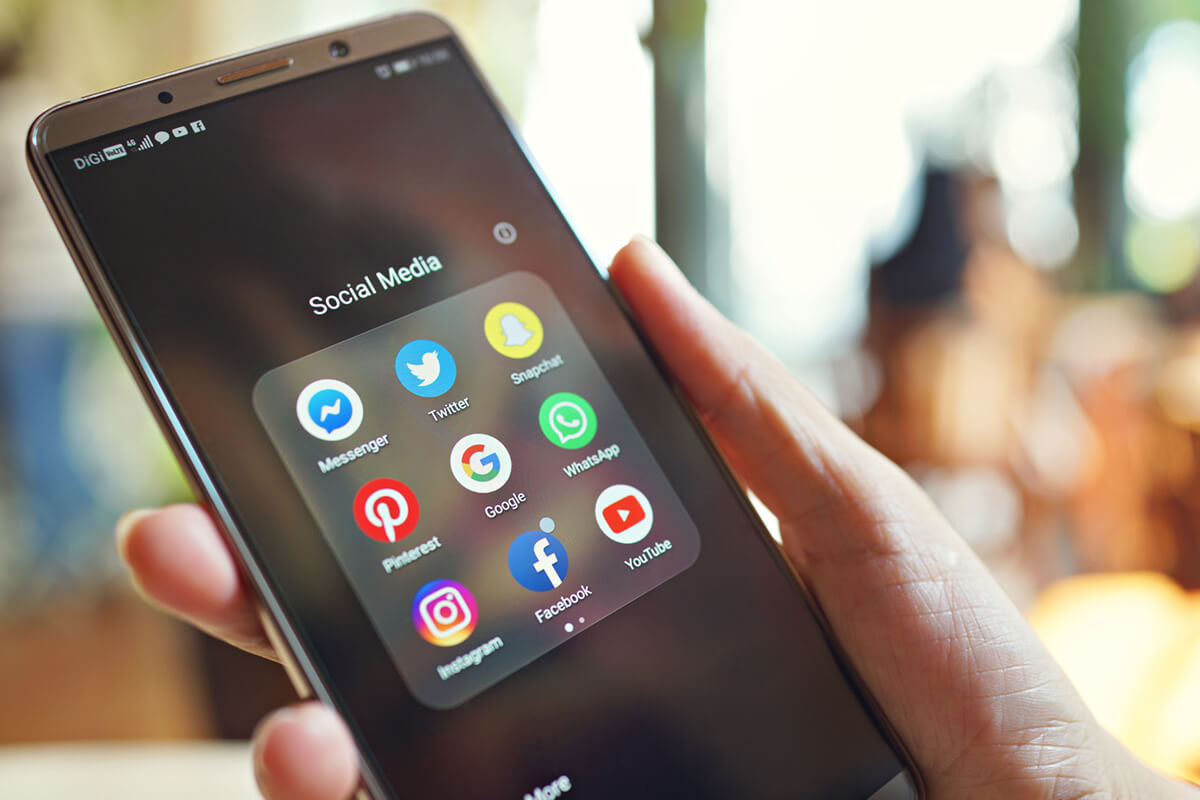Today, you can go grocery shopping without leaving your car, join a staff meeting without leaving your bedroom and catch the latest movie without leaving your couch. The world around us is changing and so are the channels by which we communicate.
Social media has found itself in a new role. What was once merely a place to share memes or pictures of your breakfast has now become a pivotal hub for information, assembly and trade. Social media is more powerful today than ever before. And with that power, comes serious ethical ramifications.
Social media has been empowered by the e-commerce boom
Consumers adapting to the constraints of social distancing have moved their shopping habits online. According to ACI Worldwide, the number of global e-commerce purchases increased by 31 percent from the year before, while Kantar media recorded a 61 percent rise in social media engagement across platforms. Companies like Facebook have responded to this shift by launching the ‘Shops’ feature and have updated their e-commerce requirements to provide a more streamlined shopping experience. Meanwhile, YouTube has launched its ‘Direct Response’ advertising format, allowing users to buy products within the app by clicking on an advertisement.
These platform additions exemplify why now more than ever, a strategic digital presence is necessary to keep your business afloat. As you experiment with e-commerce features, make sure your content guides audiences through the sales funnel, rather than distracts from it.
Social media is now an invaluable tool for information and assembly
A recent Gallup poll suggests that nearly half of Americans who use social media say it has been an important source of information about Coronavirus. But social media hasn’t just served as a platform for public health officials, it also has played a pivotal role in driving a national conversation around social justice. As footage of the death of George Floyd circulated around the globe via social media, many users gained a glimpse of a reality that otherwise was invisible to them.
Social media platforms also have aided public gatherings. The Cincinnati March for Racial Justice that attracted an estimated 5,000 – 7,000 participants on June 5 started out as a mere Facebook event. Likewise, protests against Coronavirus lockdowns have been largely orchestrated through Facebook groups like Reopen Ohio. All it took was a couple of teens on TikTok to disrupt President Trump’s recent Tulsa rally.
These examples show that social media platforms are becoming increasingly powerful in the sphere of public conversation. Users are browsing their feeds for pertinent information regarding serious, top-of-mind issues. For social media marketers, this dynamic is especially important to consider if you want to avoid coming across as tone-deaf.
Social media is at an ethical crossroads
For better or worse, these platforms have demonstrated an unparalleled capability to inform and galvanize the masses. But when a platform has that much power, what role does it have to gatekeep the conduct that takes place on it? Is it Twitter’s responsibility to fact-check statements made by the president of the United States? Is it Facebook’s fault if a white nationalist page incites violence against Black Lives Matter protestors?
According to the Stop Hate for Profit campaign, the answer to both questions is yes. The advocacy group says that Facebook has not done enough to prevent the spread of hate and misinformation on its platform and has called on marketers to pull their ad spending from the site. According to Fortune, Facebook shares dropped more than 8 percent as a result of the boycott, and the company lost $56 billion in market value.
Facebook has asserted its commitment to moderating content and increasing third-party oversight, but many critics say they are continuing to fall short. Meanwhile, YouTube and Reddit have responded with actions of their own. On June 29, Reddit overhauled its content policy regarding hate speech and removed more than 2,000 of its communities that were in violation. YouTube deleted six channels that promoted white nationalism, and Facebook-owned Instagram committed to banning and removing content that promotes LGBT conversion therapy.
Whether due to a moral revelation among leadership or the threat of an ad boycott, social media platforms are becoming more proactive in their approach to moderating content. If the past few months have taught us anything, it is that social media is more powerful and more ingrained in the fabric of our society than previously thought.
It is now up to the managers of these platforms, and the marketers who use them, to ensure that power is used for good.








